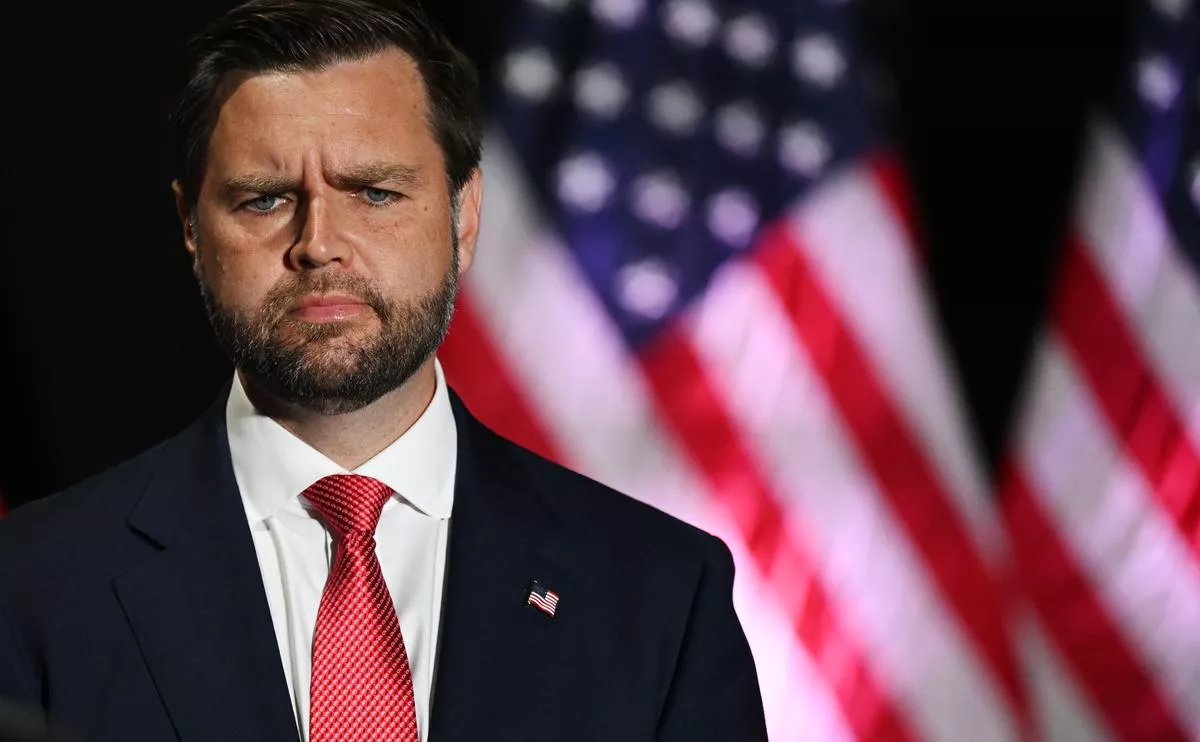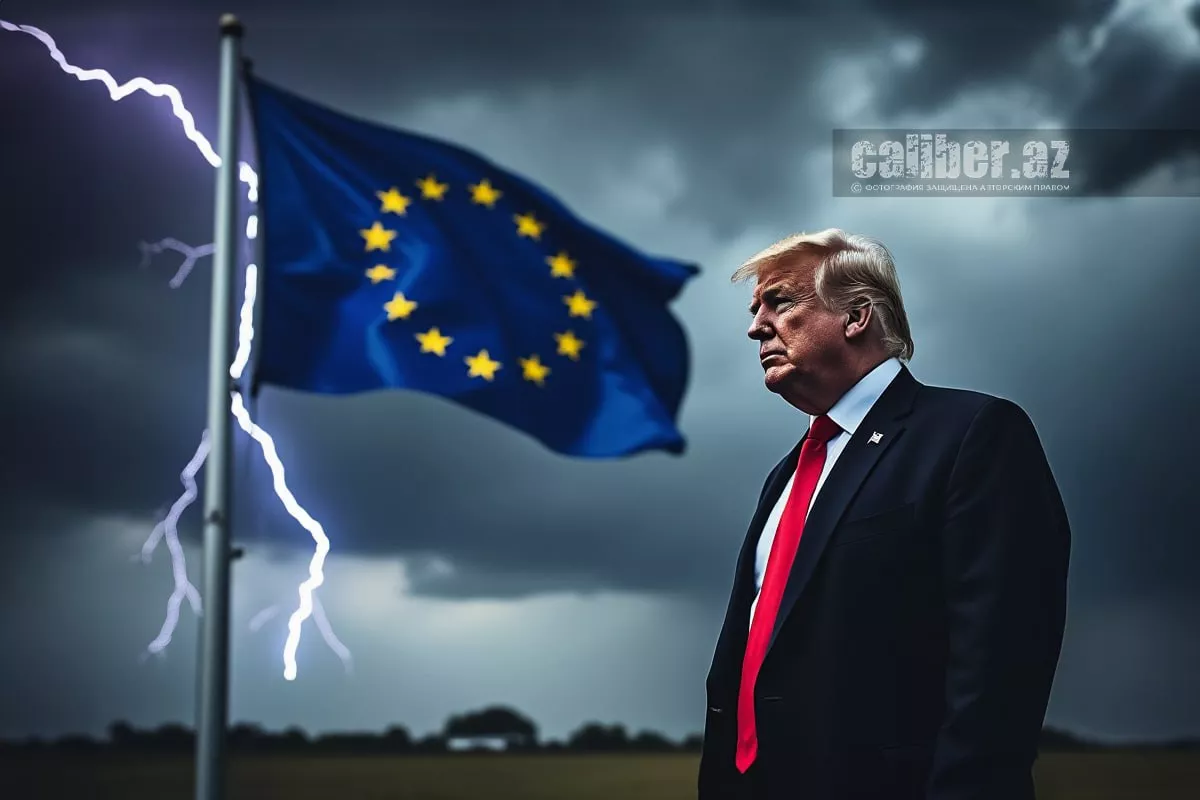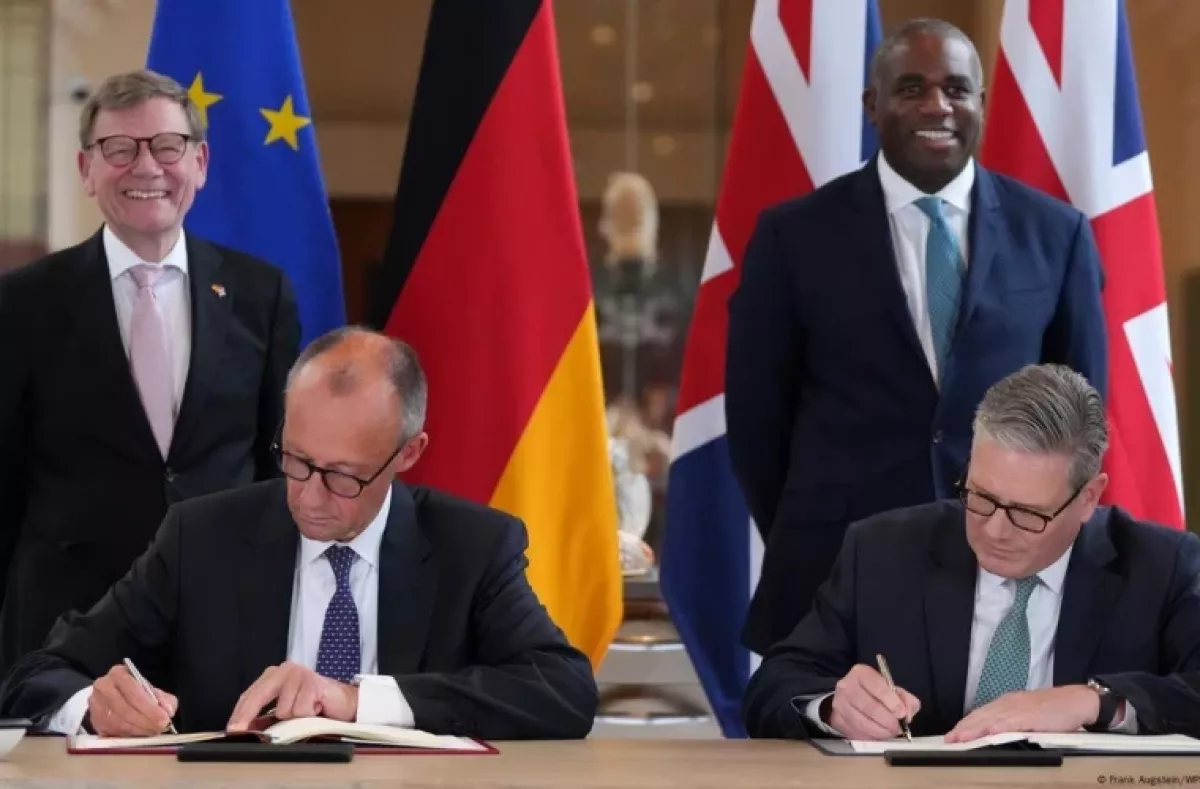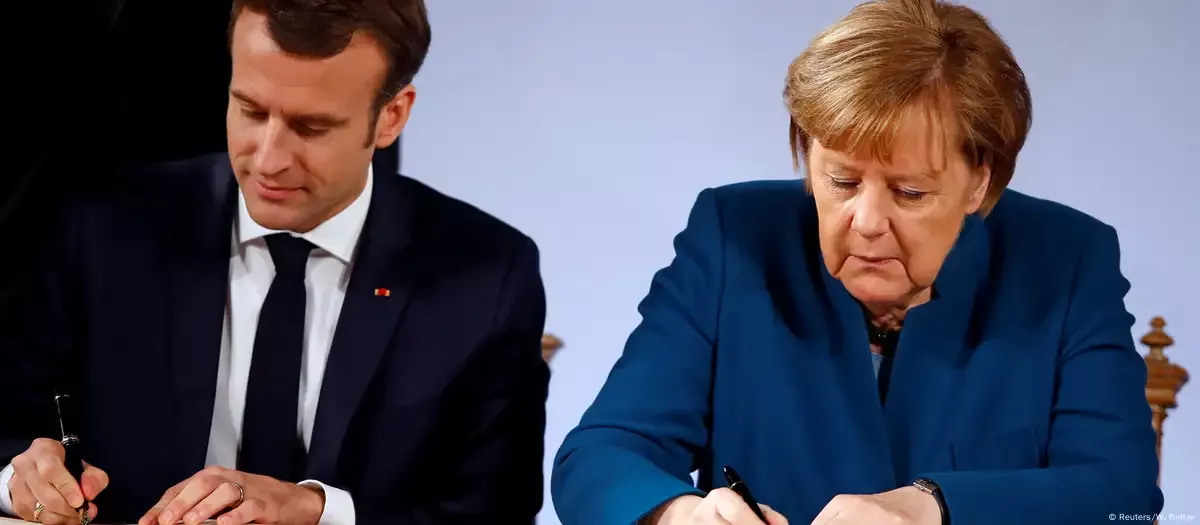Merz’s ambitions and new European security architecture Geopolitical triangle
German Chancellor Friedrich Merz is once again in the spotlight — and understandably so. As we have previously noted, he is increasingly positioning himself not merely as a leader within the European Union, but as a figure aspiring to lead all of Europe. He is doing this by subtly contrasting the EU with the United States — not overtly, of course, but in a manner that is both noticeable and, so to speak, rather resonant. This was particularly evident in his recent interview with the BBC’s Today programme.
Indeed, Merz acknowledged the legitimacy of past U.S. criticism regarding Europe’s insufficient investment in its own defence and security, adding that the entire transatlantic alliance is now “on the same page.”
As the Chancellor put it: “They are asking us to do more, and we are doing more now,” explaining that “we are not strong enough, our army is not strong enough. So that's the reason why we are spending a lot of money.” At the same time, he stressed that Europe faces “a big threat” from Russia to “our peace, our freedom, and the political order of Europe.”

Continuing from that point, when asked about the implications of U.S. Vice President J.D. Vance’s well-known speech at the Munich Security Conference in February, Merz stated bluntly that the German government had been forced to draw certain conclusions from it.
It is worth recalling that in the immediate aftermath of Vance’s speech, Merz—then still the CDU/CSU bloc’s candidate for the German chancellorship—rejected Vance’s claims of alleged restrictions on democracy and freedom of speech in Europe.
Later, following a personal conversation with Vance, Merz expressed dissatisfaction with the fact that the United States, on the one hand, failed to provide a clear signal regarding security guarantees, while on the other hand, allowed itself to cast doubt on European democratic institutions and even interfere in electoral processes.
Summing up his position, the Chancellor emphasised that European countries must do more to ensure their own security, and that the time had come for Europe to wake up and start taking responsibility for resolving key issues.
Already in May, referring again to Vance’s Munich speech, Merz—by then in office as Chancellor—declared loudly that Europe was ready, if necessary, to “fight for its fundamental values — freedom and democracy.” According to him, this is the strongest and most dignified response to the U.S. Vice President, within which Germany would not stand aside when it comes to strengthening European security.
We have deliberately taken this brief detour into recent events in order to clearly demonstrate Merz’s position on the American vector — one that, as is evident, is consistently tinged with disapproval of the remarks made by Vance in Munich.
It is likely that the German Chancellor will long remember what the American Vice President said.
This vector is clearly visible in the aforementioned BBC interview — especially at the moment when Merz was reminded of his post-election statement that the Trump administration is largely indifferent to Europe’s fate. The Chancellor confirmed that his view has not changed and added that, unlike previous U.S. administrations, Trump has never been this “clear and committed.”

At the same time, Merz noted that he maintains regular weekly phone conversations with President Trump to coordinate actions on Ukraine and trade tariffs.
Interestingly, while stressing the unacceptable and damaging nature of the high tariffs promised by Trump for Germany’s export sector, Merz nevertheless remarked that the U.S. President sees and understands the problems and is open to a deal.
Yet even this relatively soft wording only underscored the Chancellor’s central message: Washington is distancing itself from Europe in favour of Asia. In this context, Merz emphasised the need to strive for “more independence from American defence.” In line with this, he highlighted joint efforts by the United Kingdom, Germany, and France to shape a kind of geopolitical triangle aimed not only at security and foreign policy but also at economic growth.

Above all, this refers to the security agreement signed between the United Kingdom and Germany on 17 July. As Merz stressed, the bilateral commitment to mutual defence in the event of armed aggression, enshrined in this document, is not only part of NATO partnership structures, but also a continuation of the alliance that existed when the UK was still a member of the EU.

Analysts were quick to draw a parallel between this Anglo-German agreement and the 2019 Aachen Treaty signed between Germany and France, which also includes a clause on mandatory mutual assistance in the event of war or armed aggression.
Thus, the emerging configuration on the European political stage clearly demonstrates that Germany is confidently moving toward the status of the continent’s leading player. And while Merz publicly speaks of a geopolitical triangle — Berlin, London, Paris — in practice, it is Germany that he is increasingly, and now quite openly, positioning as the key power within this European construct.
The only question is: to what extent is this new axis truly prepared to tackle global challenges independently — without the support and influence of the United States?
P.S. Against this backdrop, news has arrived from Moscow that the Russian government has decided to terminate the agreement on military-technical cooperation between Russia and Germany.
Quite an interesting development, isn’t it?








